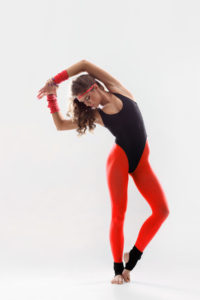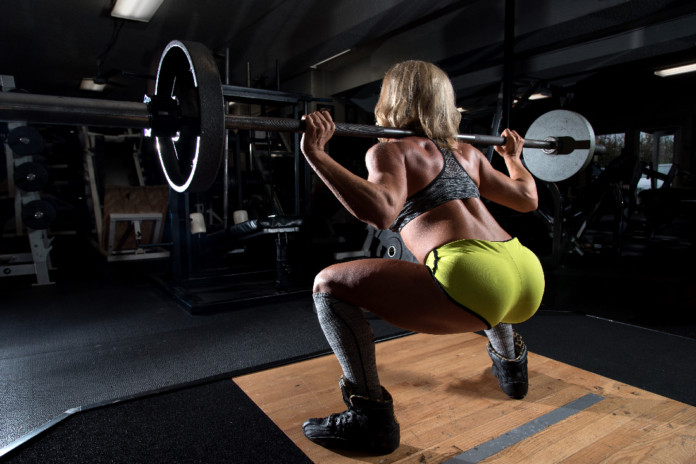The entire fitness industry is changing rapidly. Yes, there are still a new detoxes, cleanses, weight loss pills, or exercise gadgets promising EFFORTLESS weight loss.
They are promoted across social media feeds, using ads that always appear too good to be true. Typically, they also use “doctor” and “celebrity” endorsements trying to enhance credibility. My purpose is not to discourage you. Instead, I hope to enlighten and encourage you. It may also save you some disappointment when you don’t end up looking like the fitness model on that supplement bottle.
Mainstream lifestyle
Although transformations take work, time, and dedication, they are happening. Fitness is transitioning from a small subculture of passionate enthusiasts to a mainstream lifestyle. People are steadily reversing Americas’ couch-potato ways. When it comes to wellness, it’s more than just a routine, it’s a lifestyle. The numbers say it all. According to the Global Wellness Institute, the wellness industry is a $3.7 trillion business. It grew 10.6 percent from 2013 to 2015, and is expected to grow 17 percent over the next five years.

The “Yesterday” look of fitness from the Jane Fonda era.
Access
The recent popularity of easy-to-access group fitness, community walking classes and wearable technology (i.e. the Apple Watch) suggests that individuals today don’t just want to go to a gym to sweat. It seems that they want to incorporate unique, fitness experiences into their daily lives. People of all ages are now enjoying fitness for the social benefits as much as the health outcomes. With a major shift towards mindfulness and time-efficient training, the fitness industry has been changing on a global scale.

Transformation of exercise into daily life
Break up the monotony
Exercise can seem boring when only focusing on anatomical and physiological outcomes. However, sports-conditioning classes provide us with performance-based outcomes that make the exercises more engaging and fun. Today’s active-lifestyle fitness is unlike yesterday’s walk on the treadmill. Kickboxing is a great form of exercise and, because of the many advantages, it is a popular fitness regimen today. Because we are living with incredible amounts of stress in our lives, hitting a bag or throwing forceful air punches using the force of our whole bodies is an amazing release. This is one reason boxing is the “knock-out” workout of the year! Or, you might want to break up the monotony of jazzercise or spinning classes with a hiking workout. Certainly, the variety will help put different muscles to work, boost cardio, and burn some fat.
Technology
The innovative technology of 2018 has brought us to virtual reality workouts. Treadmills that seamlessly connect to a game. This allows you to run, pivot, jump and crouch while wearing sneakers that wirelessly interact with sensors on the treadmill. It automatically measures your steps and calories, allowing you to track how hard your body’s working (while your mind is busy chasing bad guys!). The introduction of VR fitness means that you can go for scenic runs, travel the world, and compete in global events without ever leaving your living room.
Easier and more practical
The 1960’s was the era of the “crewneck sweatshirt”. The ultimate ’60s fitness look was mid-thigh shorts, a cotton tee or tank, and a gray sweatshirt. This no-frills outfit was perfect for pumping iron. Today, as part of the active-lifestyle mindset, athletic designs favor a more minimalist look that can go anywhere. Hence, the fabric and fit of fitness clothes has become indistinguishable from typical street wear. The ability to exercise has become easier and more practical.
Benefits from physical activity are not restricted to exercise performed in the gym. In fact, one of the easiest ways to improve your overall health may be through increasing the amount of low-intensity physical activity you perform throughout the day. Exercise is no longer a curse word! Fitness and an active, healthy lifestyle represents the new Transformation. We are transforming the way we think about exercise and fitness. As a result, it no longer has to be dreadful, but an uplifting, fun lifestyle!


 HEALTH & WELLNESS6 years ago
HEALTH & WELLNESS6 years ago
 herbs1 year ago
herbs1 year ago
 HEALTH & WELLNESS5 years ago
HEALTH & WELLNESS5 years ago
 TRAINING & FITNESS6 years ago
TRAINING & FITNESS6 years ago
 Fitness6 years ago
Fitness6 years ago
 HEALTH & WELLNESS6 years ago
HEALTH & WELLNESS6 years ago
 DIET & NUTRITION6 years ago
DIET & NUTRITION6 years ago
 HEALTH & WELLNESS6 years ago
HEALTH & WELLNESS6 years ago








